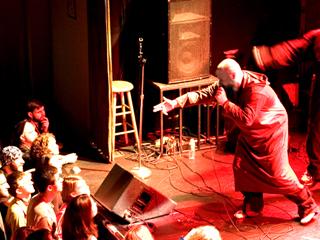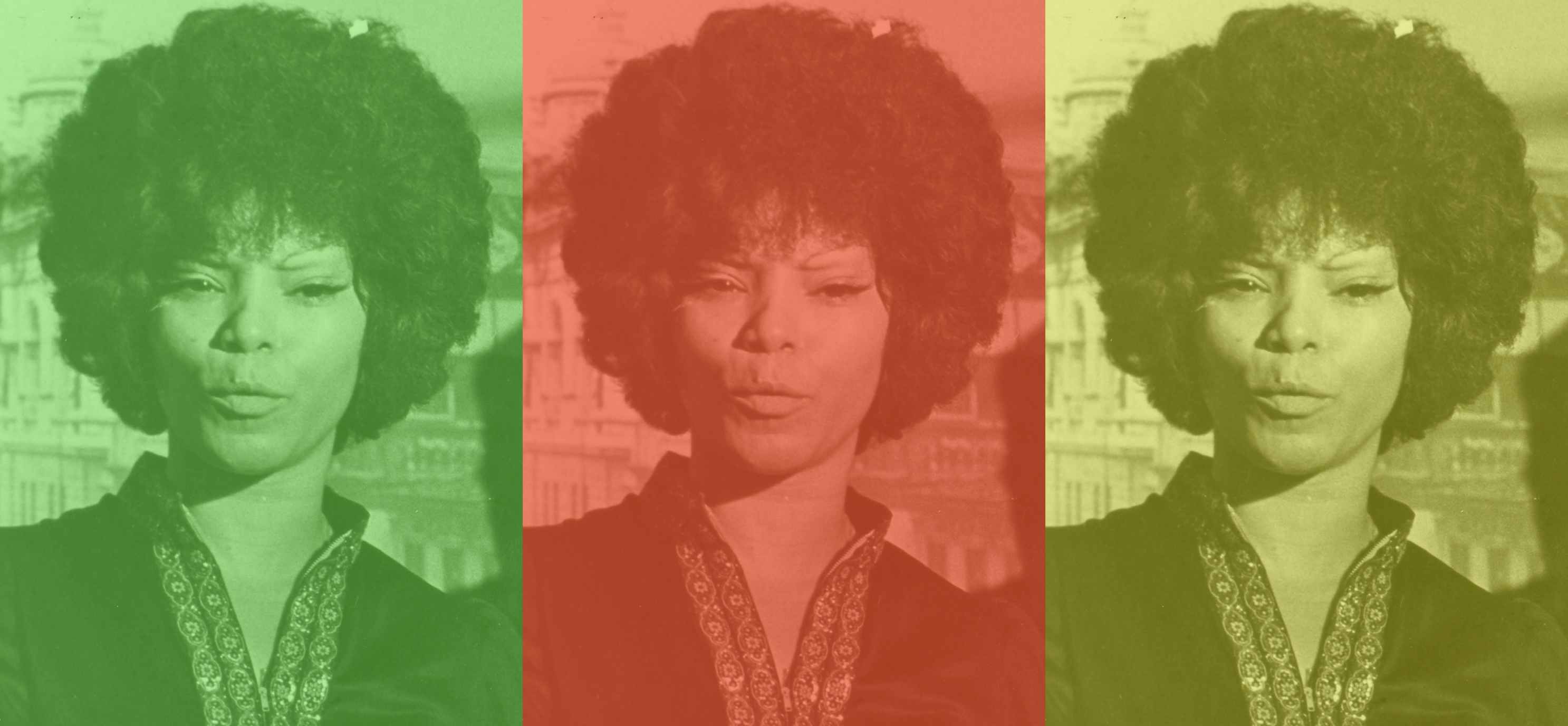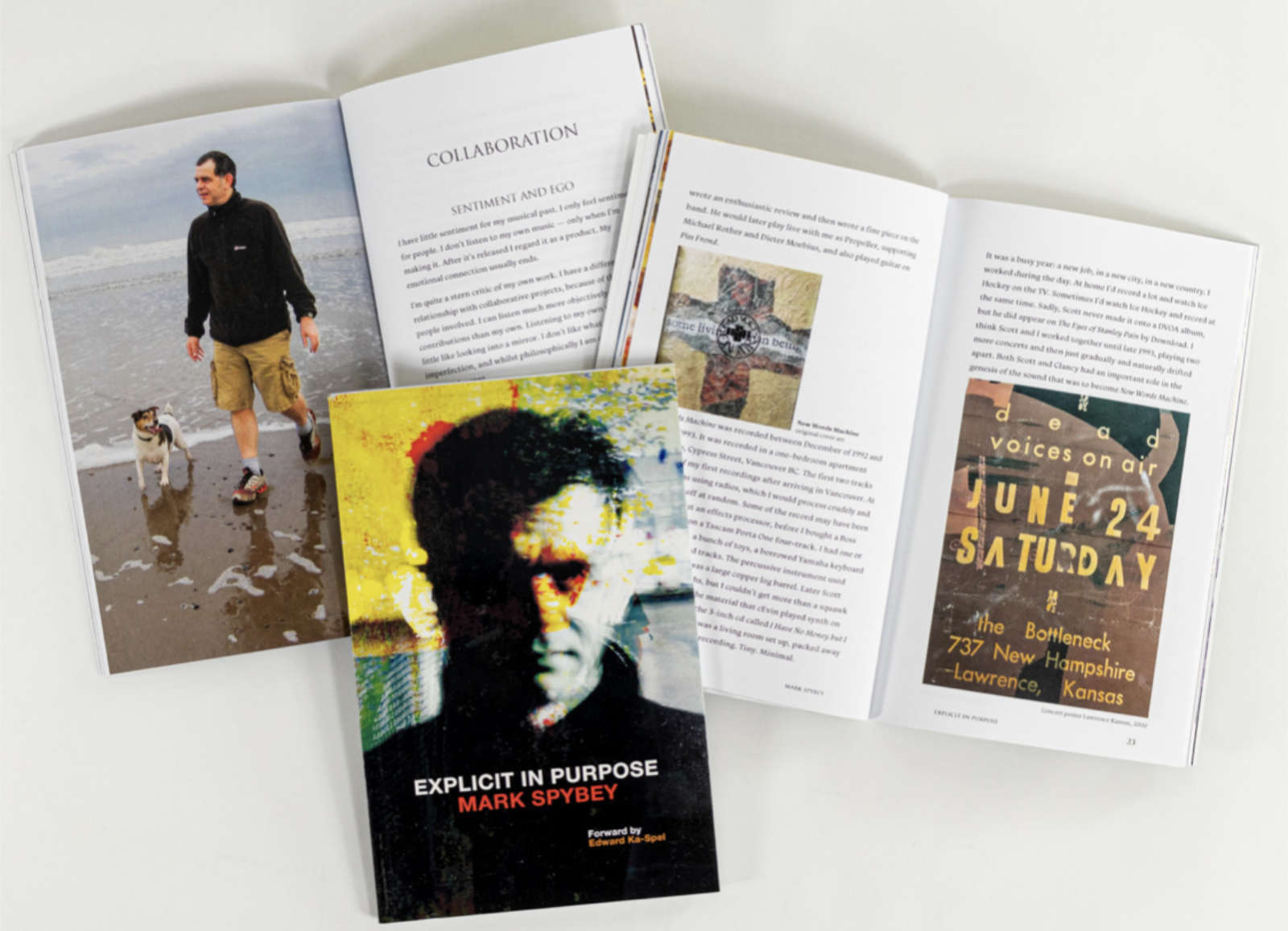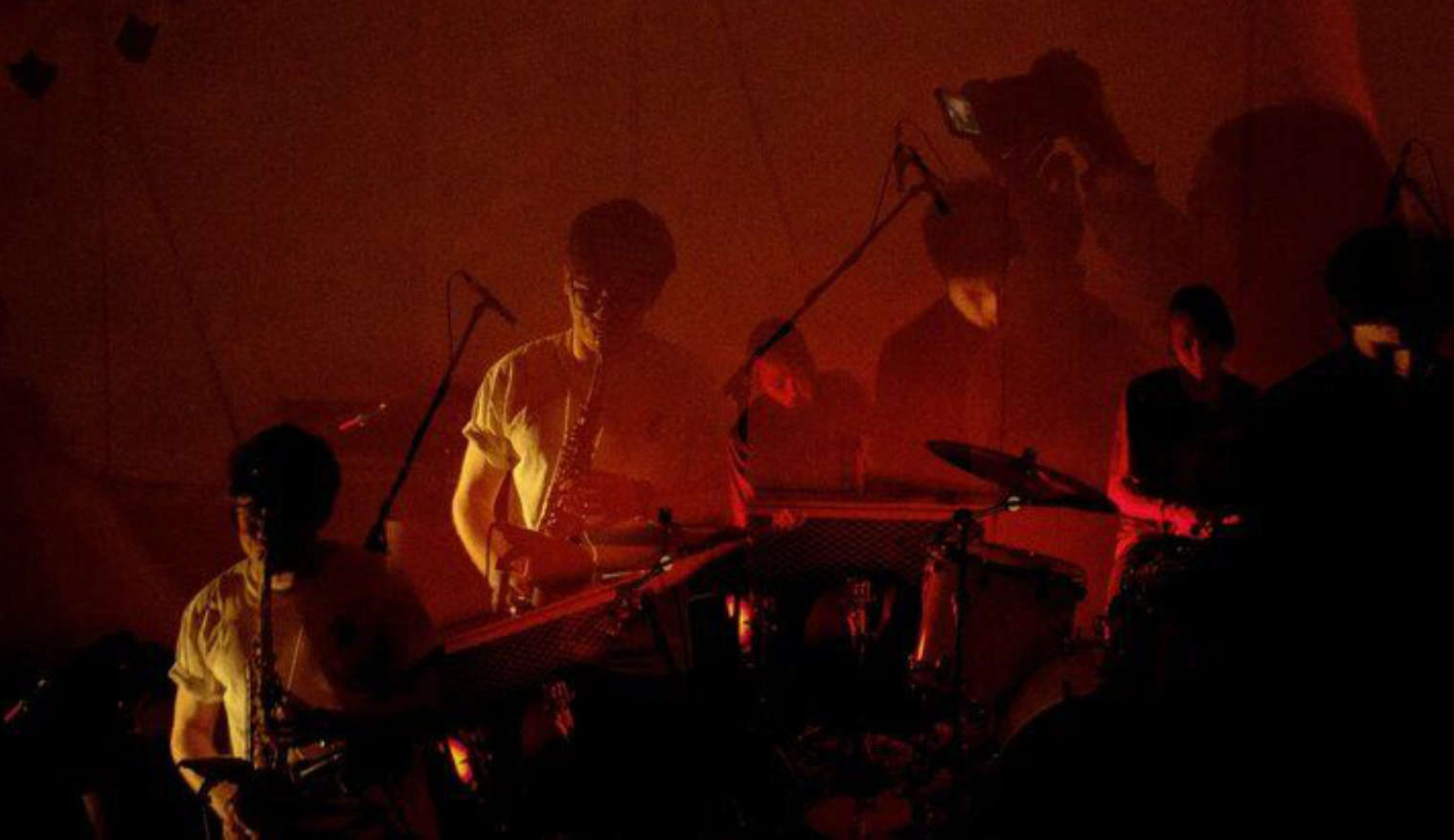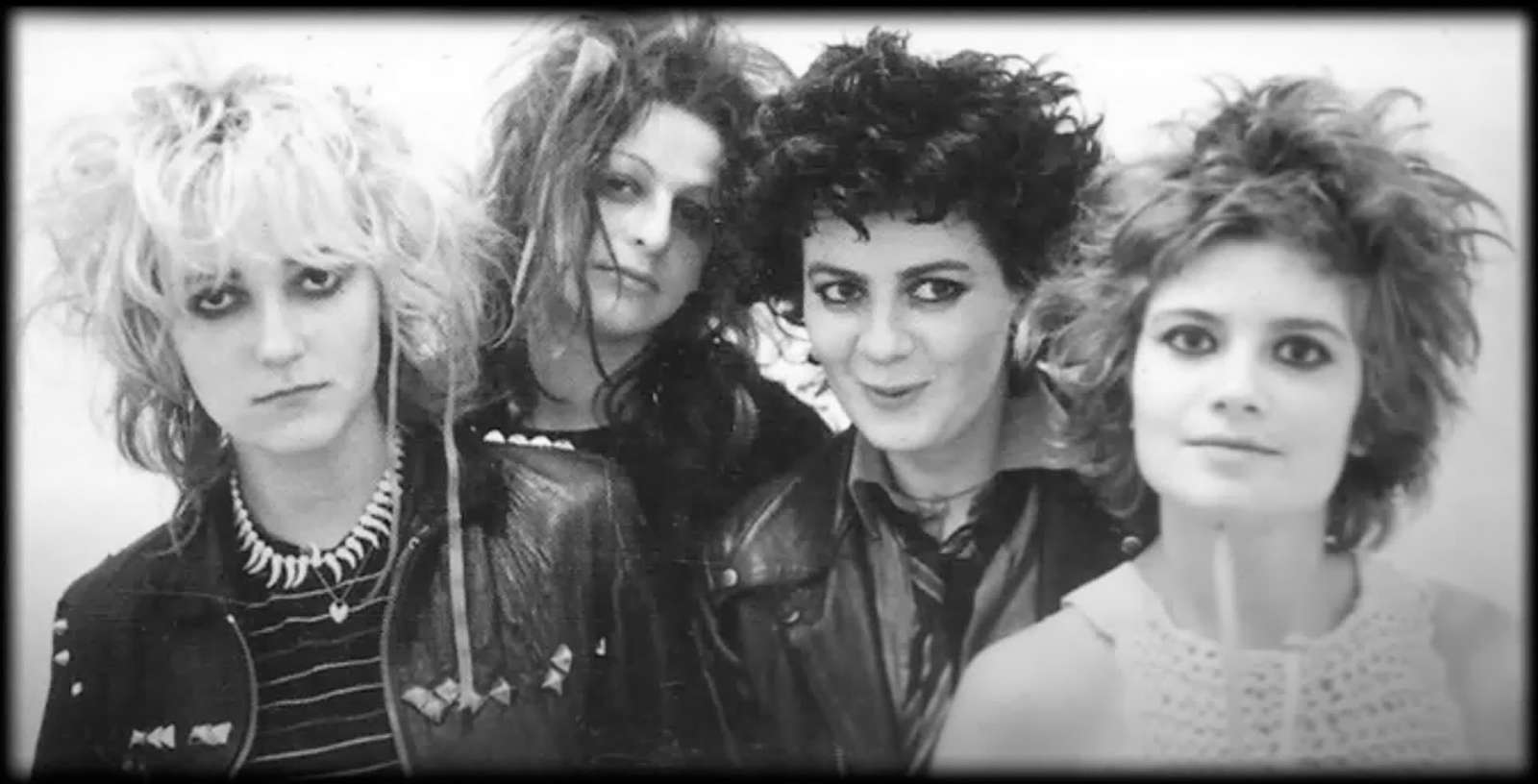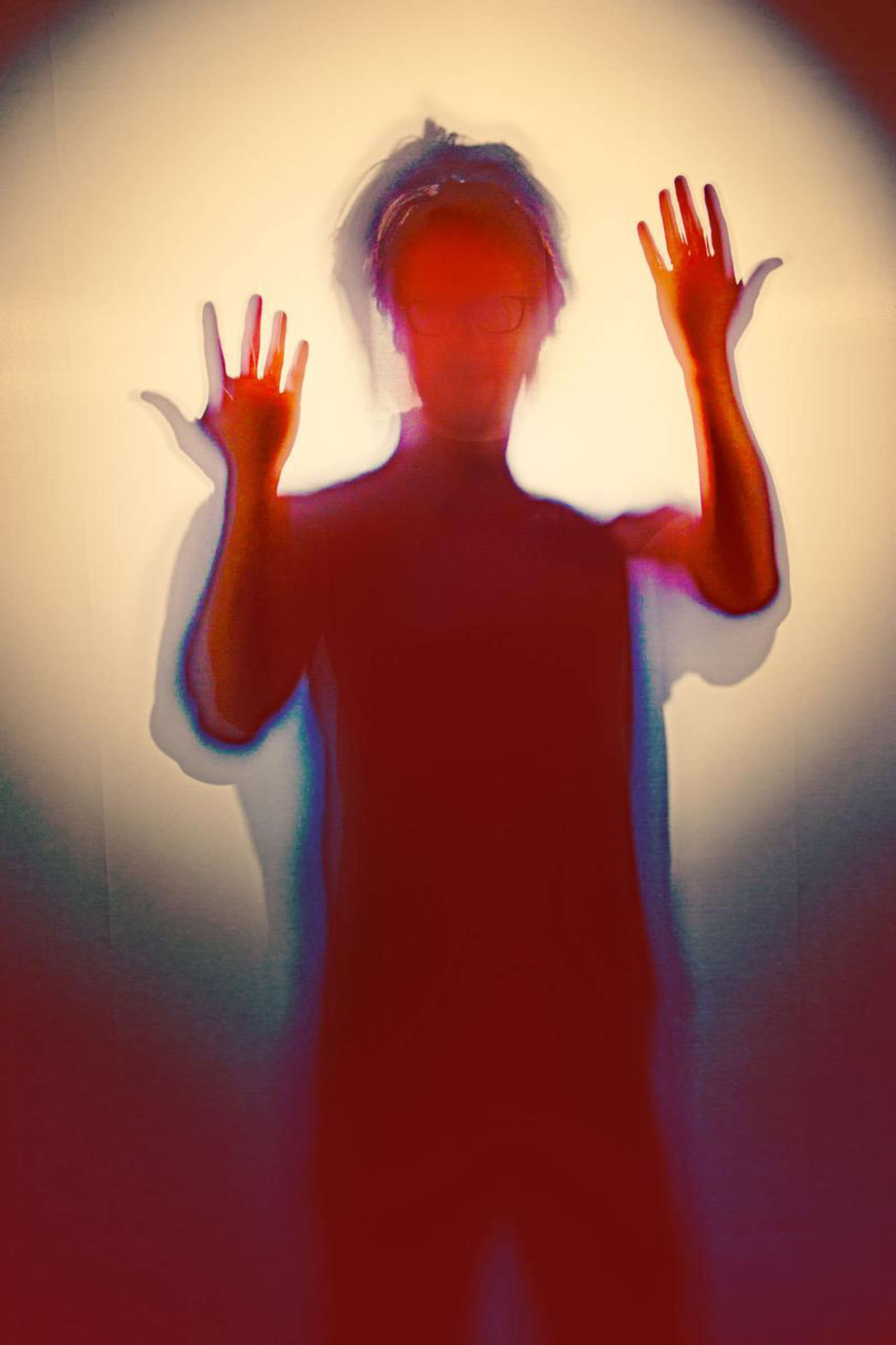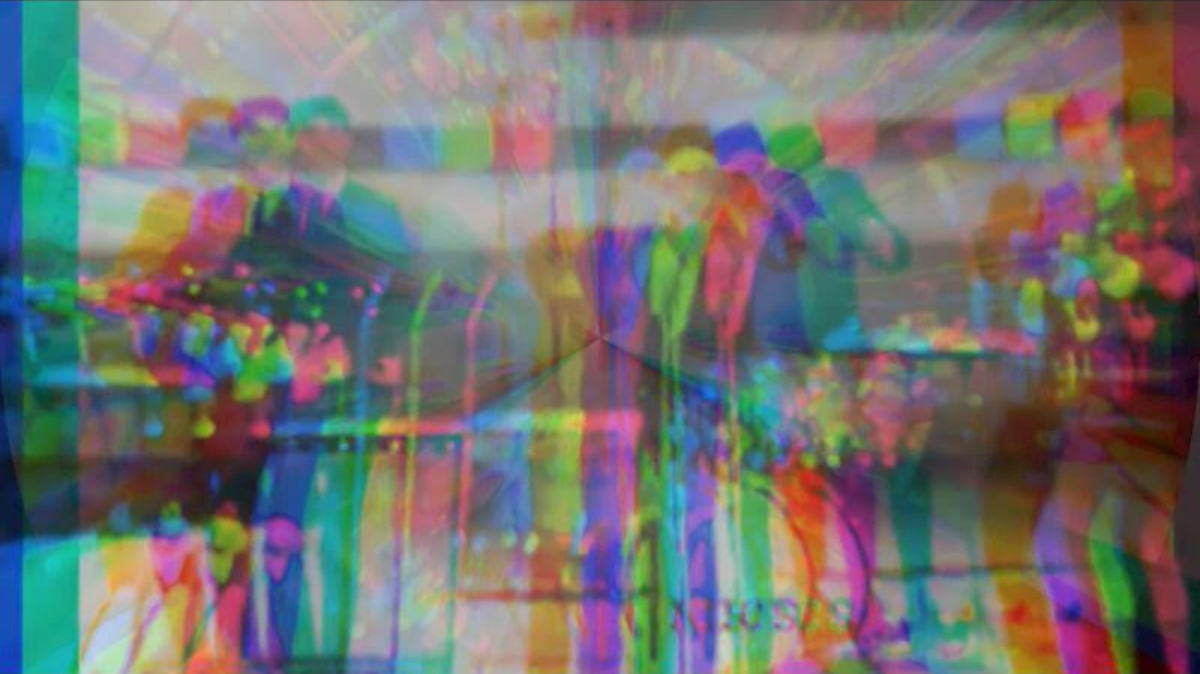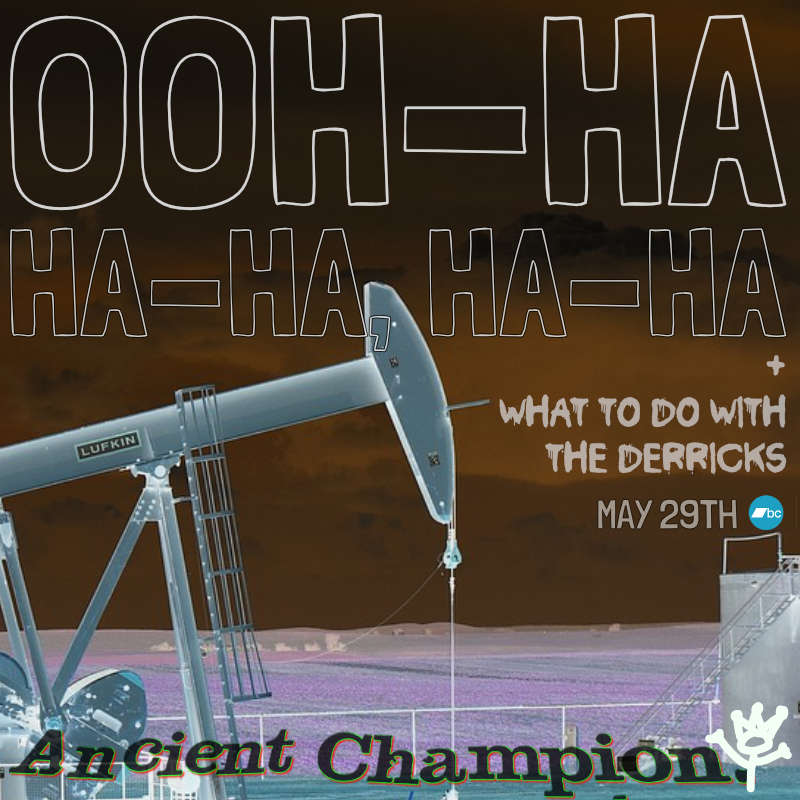Sage Francis
A Healthy Distrust
(Epitath)
HipHop is a troublesome genre of music. It bears the patina of being marginalized, being an undercurrent while in reality is the dominant force in popular music. It has largely captured the esprit de corps of a rebellious white youth in a way that punk and alternative rock never did, much like rock-n-roll did in the 50's. It is still derided as not-being-music by both parental lumpen and the musical ivory-tower-sitters, yet it continually creeps in, and like rock in the Fifties, when these outsiders try their hand at it, the results are catastrophic (see that episode of The Simpsons where Marge starts to rap to Bart ala My-name-is-Marge-and-I'm here-to-say about something, and he puts a metal stew pan on his head and beats it with a spoon to keep it out.) And then add in that it effectively reverses the integrity model of most rebel musics, where your protagonist eschews the trappings of success for "honesty" - in HipHop, the path to the palace of wisdom is paved in bling. Then, tie in the race aspect of it, where I, as a decidedly un-street-credible honky, have to consider what parts of my interest in it are genuine, what parts are rooted in exoticism, and what parts are a thin veneer around pandering. Its a beautiful thing when a medium as popular and established as this can still pose these challenges to the listener.
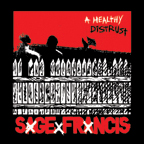 So in recent years, a strain of alternative HipHop has come to light, tossing its own ratchet onto the turntable. Like alternative rock did, it holds to some of the basic tennets of the mother-art but freely exercises its freedom to to extend beyond that boundary, to be other than its root and still be called a tree. Straight outta Rhode Island storms Sage Francis, one of the bigger stars of this strain (which adds another whole angle: being the biggest name in a deviant strain of major medium masquerading as deviant to the public, but I can't map that out with out scratch paper) pushing his tangle of rage and introspection through a firehose delivery. His latest A Healthy Distrust is a angry, vulnerable, dense tangle of emotion, baring the HipHop tenets of self-aggrandizing and braggadocio but with his harsh eye being equally squared upon society as it is on himself.
So in recent years, a strain of alternative HipHop has come to light, tossing its own ratchet onto the turntable. Like alternative rock did, it holds to some of the basic tennets of the mother-art but freely exercises its freedom to to extend beyond that boundary, to be other than its root and still be called a tree. Straight outta Rhode Island storms Sage Francis, one of the bigger stars of this strain (which adds another whole angle: being the biggest name in a deviant strain of major medium masquerading as deviant to the public, but I can't map that out with out scratch paper) pushing his tangle of rage and introspection through a firehose delivery. His latest A Healthy Distrust is a angry, vulnerable, dense tangle of emotion, baring the HipHop tenets of self-aggrandizing and braggadocio but with his harsh eye being equally squared upon society as it is on himself.
I'll be honest, this floated onto my radar not because of my spurious scanning the horizon for the New Thing, but because of his collaboration with Weathered King of Record Critic Rock Will Oldham, who provides the drones guitar base and delicious whine-moan chorus on "Sea Lion" but it is Sage's sputtering flow that really caught me, with twisting lines like
Look ma, no hands,
I built this suit of armor with wooden arms.
In Sage's flow, you can see some unavoidable traces of Eminem and most likely Jay-Z, but where he differs from the pack is the sheer density of his lyrical spider web, which approaches Dancehall jibber-jabber velocity like on parts of "Escape Artist." Another part of Sage that hits me is the internal dichotomy that comes to the surface on a number of the songs on this reflective document. On the piano-laden "Crumble" where he "has seen better days in his night terrors," he flops between Springsteen po-meisms and raging anger, which gives way into a hazy dream like "Ground Control" where he tries to get in contact with the lost soul roaming around in his persona.
The only non-devistating moments on this is where he replaces the throwaway skits that usually lighten the mood and temporally dam up the rapids on other HipHop albums with folky shout-outs, specifically the hokey Everlast-like guitar rap "Jah Didn't Killy Johnny" He made it through lines like "The smoke/drink/,junk/women didn't kill Johnny, was it the road?, was it rock-n roll?" which first time around, made me cringe thinking he was eulogizing famed drug casualty Johnny Thunders, whose death has been mentioned 10x the time his life ever was, but you find he means Johnny Cash, which tempers the impact, but doesn't really save the song. But its at the end and doesn't mess things up on the album proper, containing a fistfull of stellar jams like "Sun vs Moon" which pits the alchemical/metaphysical battle of the elements at a DJ battle, holding the best line on the album "We go blind jerking off to the eclipse" and the sweet low-key "Lie Detector Test." And the thesis statement of the album combining all these elements is the lethal indictment of self and others, "Slow Down Gandhi" calls to have "Ted Nugent's head hanging on his wall." It's great ballsy stuff, calling out people by name like Public Enemy used to, flying references like the West Memphis Three, seminal LA punk band Suicidal Tendencies and HMO's all within a matter of seconds.
Through all this, it scans decidedly as HipHop with the words and the flow and the power and the beats and so on, but this proves to be a real alternative, moreso than others mining this microgroove - he manages to push the personal envelope a little, keeping it as real as Pavement did, lifting Fleetwood Mac riffs, but explosively opening up the rapper's skin, like throwing your mic at the crowd at a poetry slam. And much like other alternatives, feeling free to drop his cool and lose his shit once in a while. I wanna think the state of song would be a better place if this sense of self would permeate HipHop's top floaters, but its in it alternative-ness, its residence just off the main highway, is where it feels most at home.
